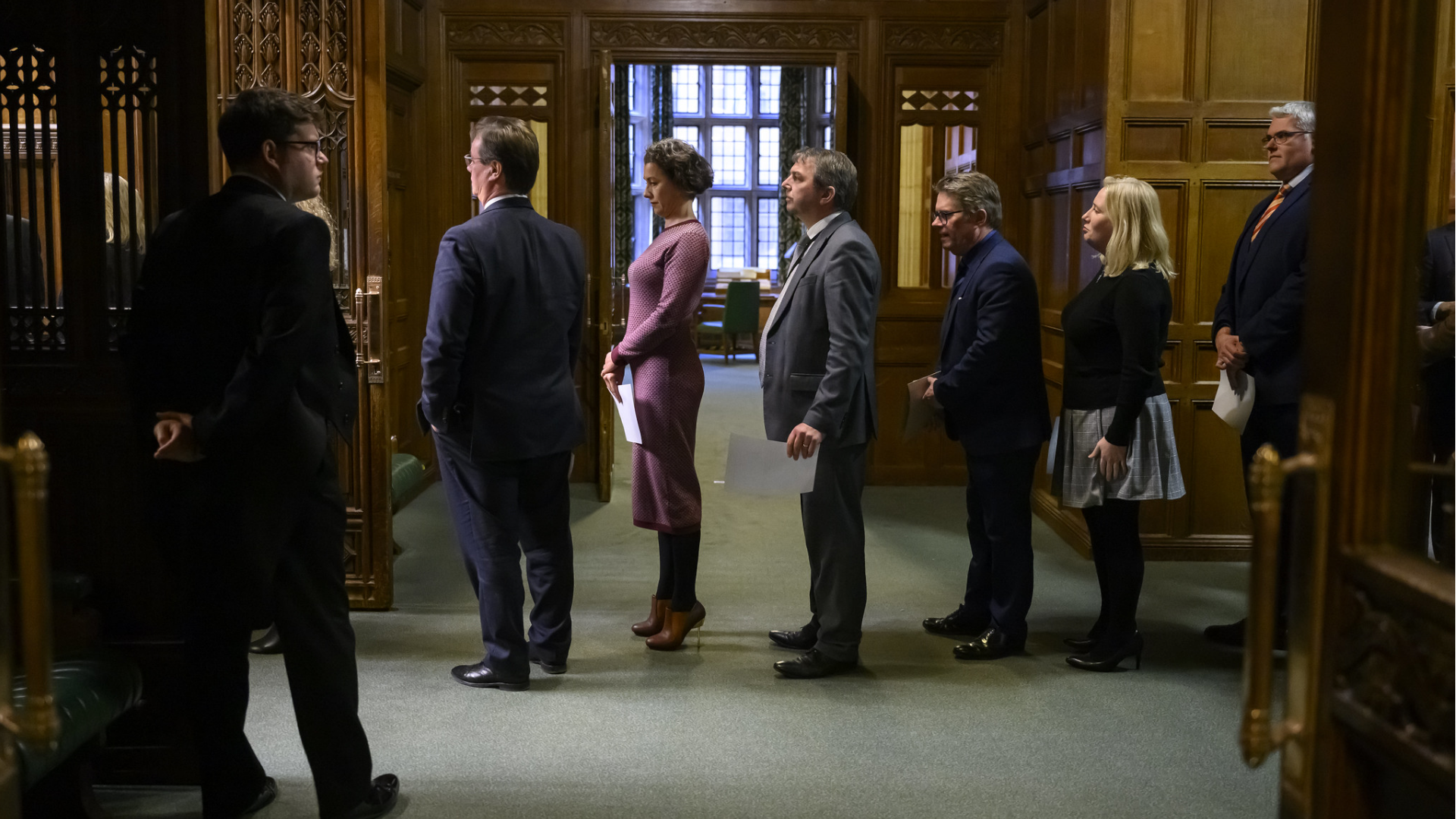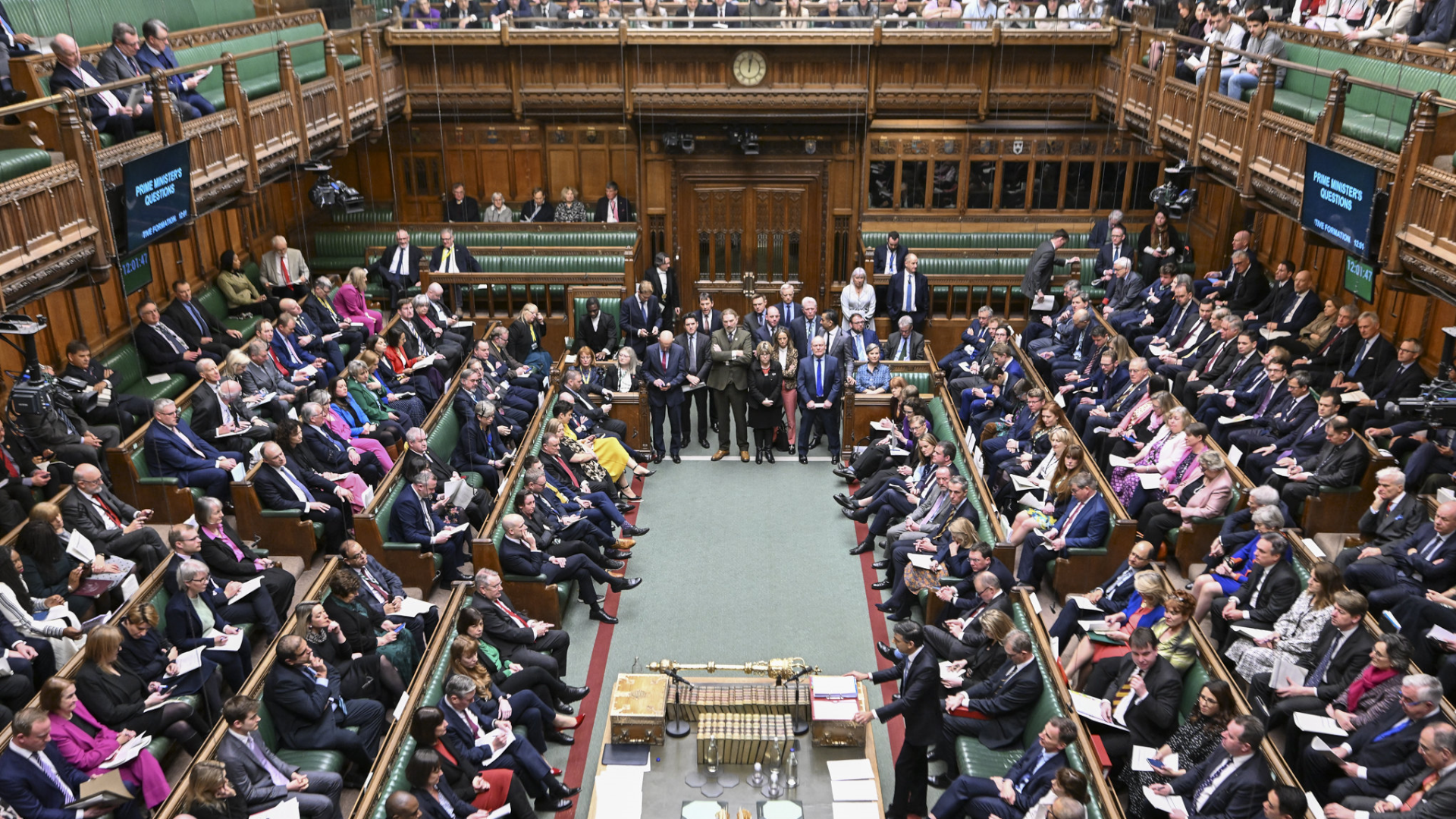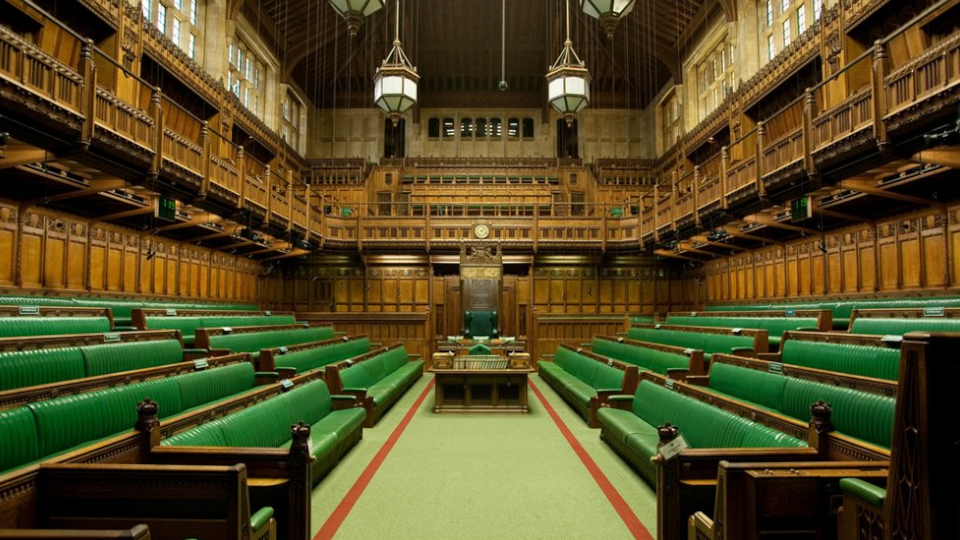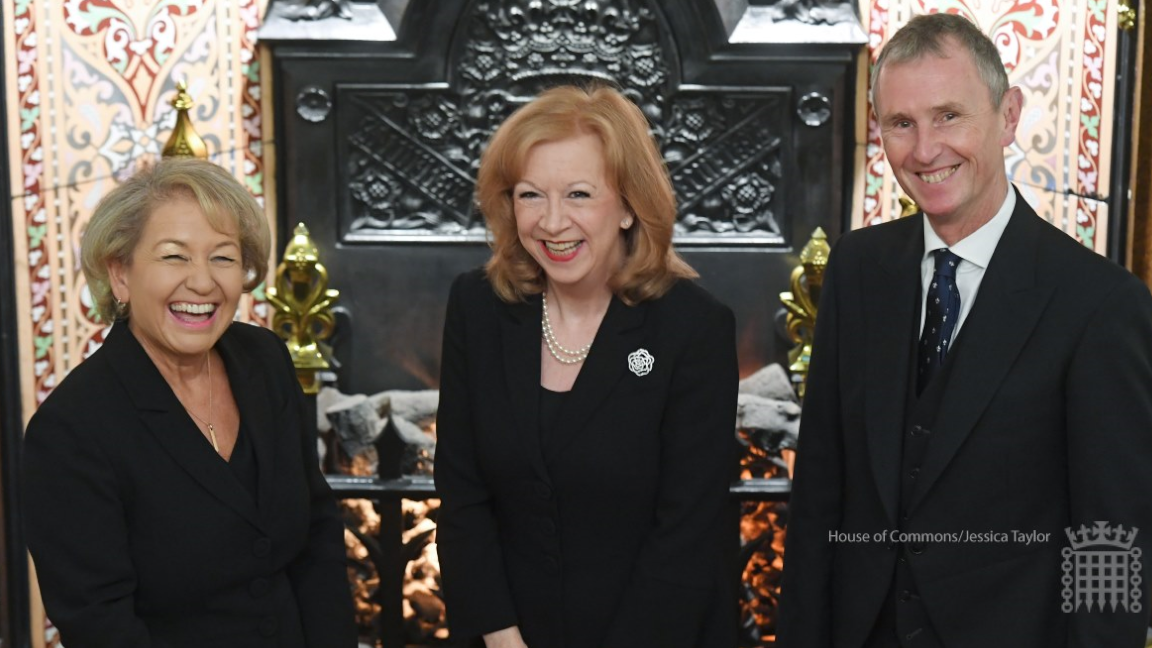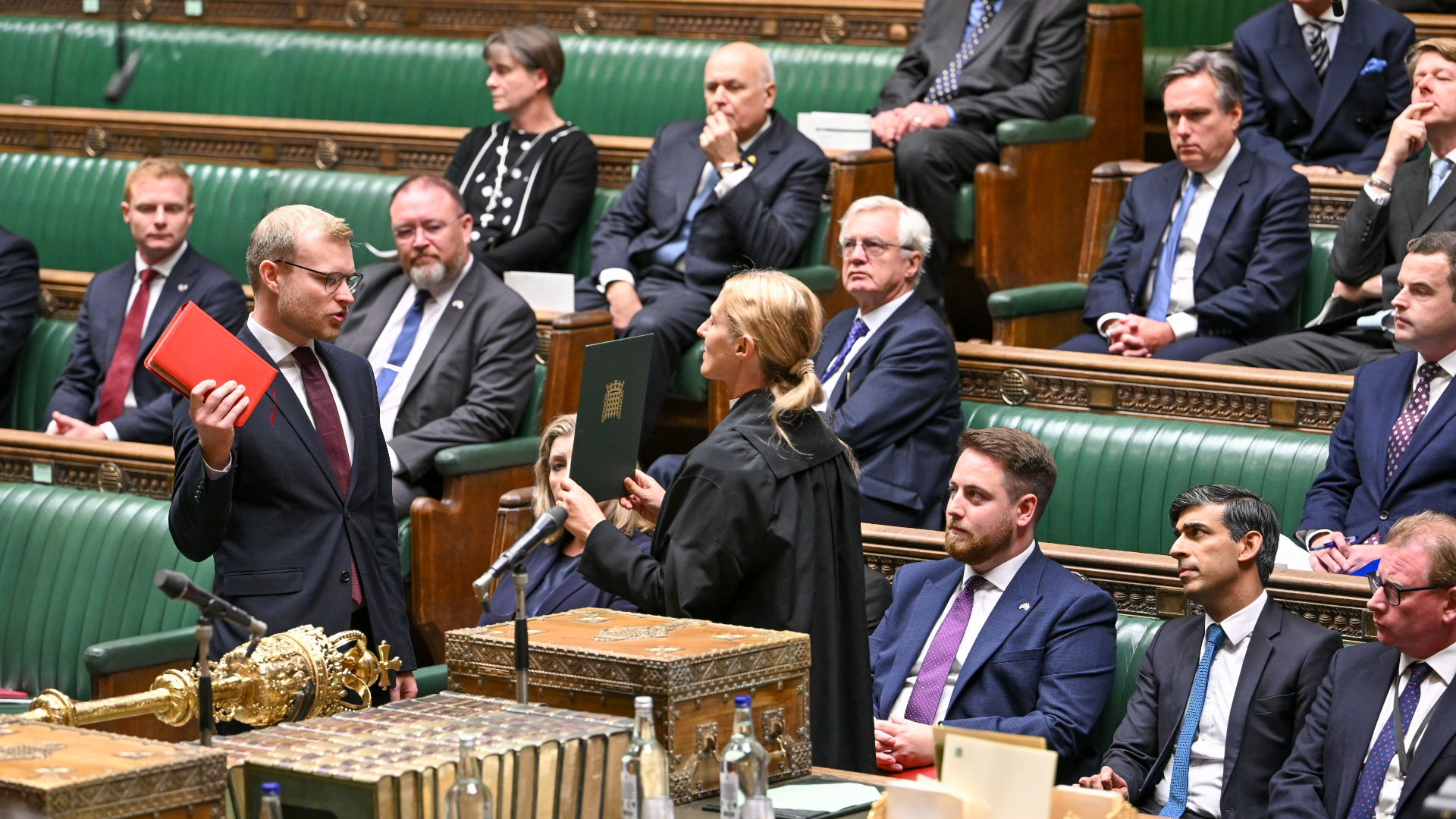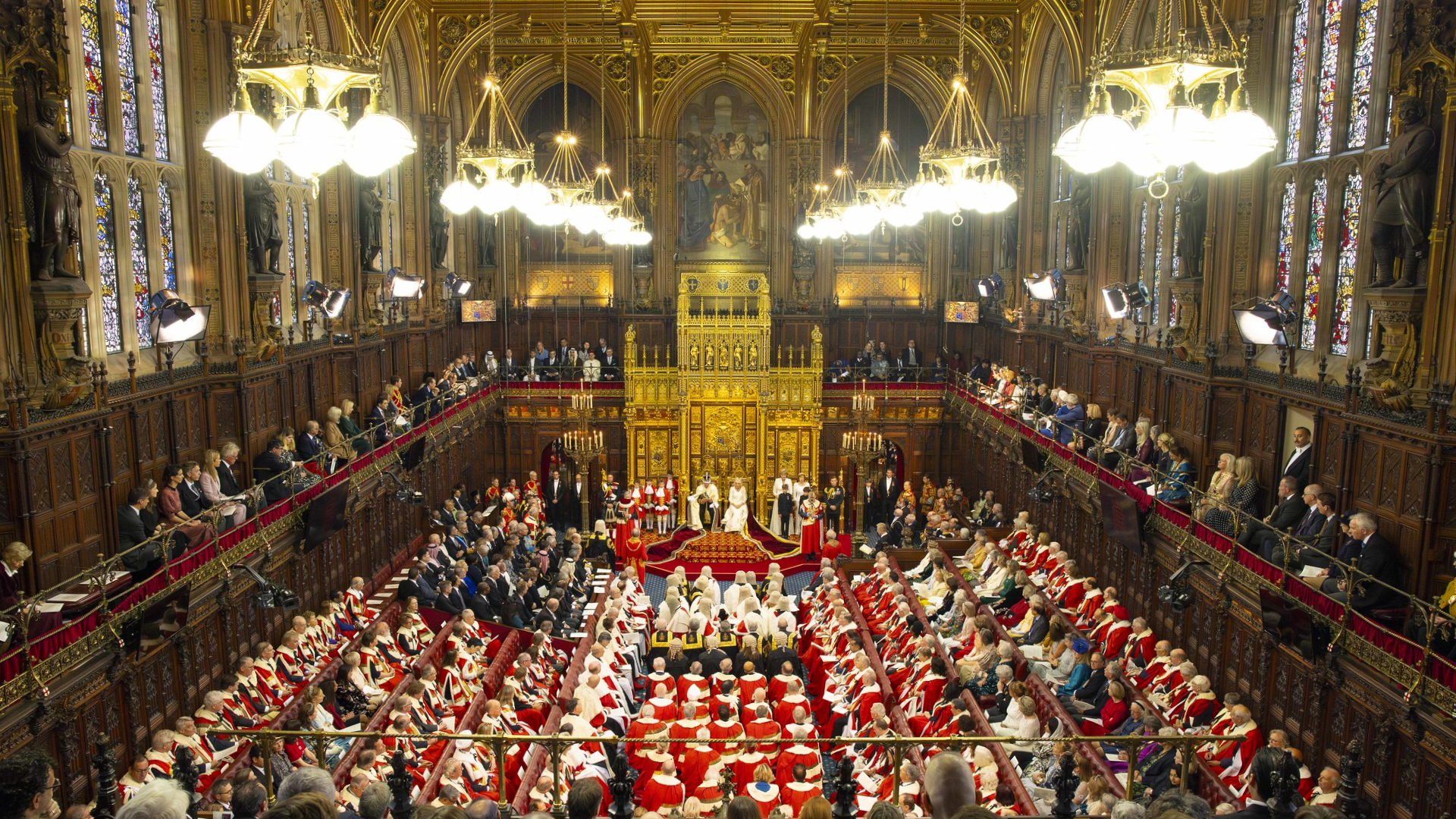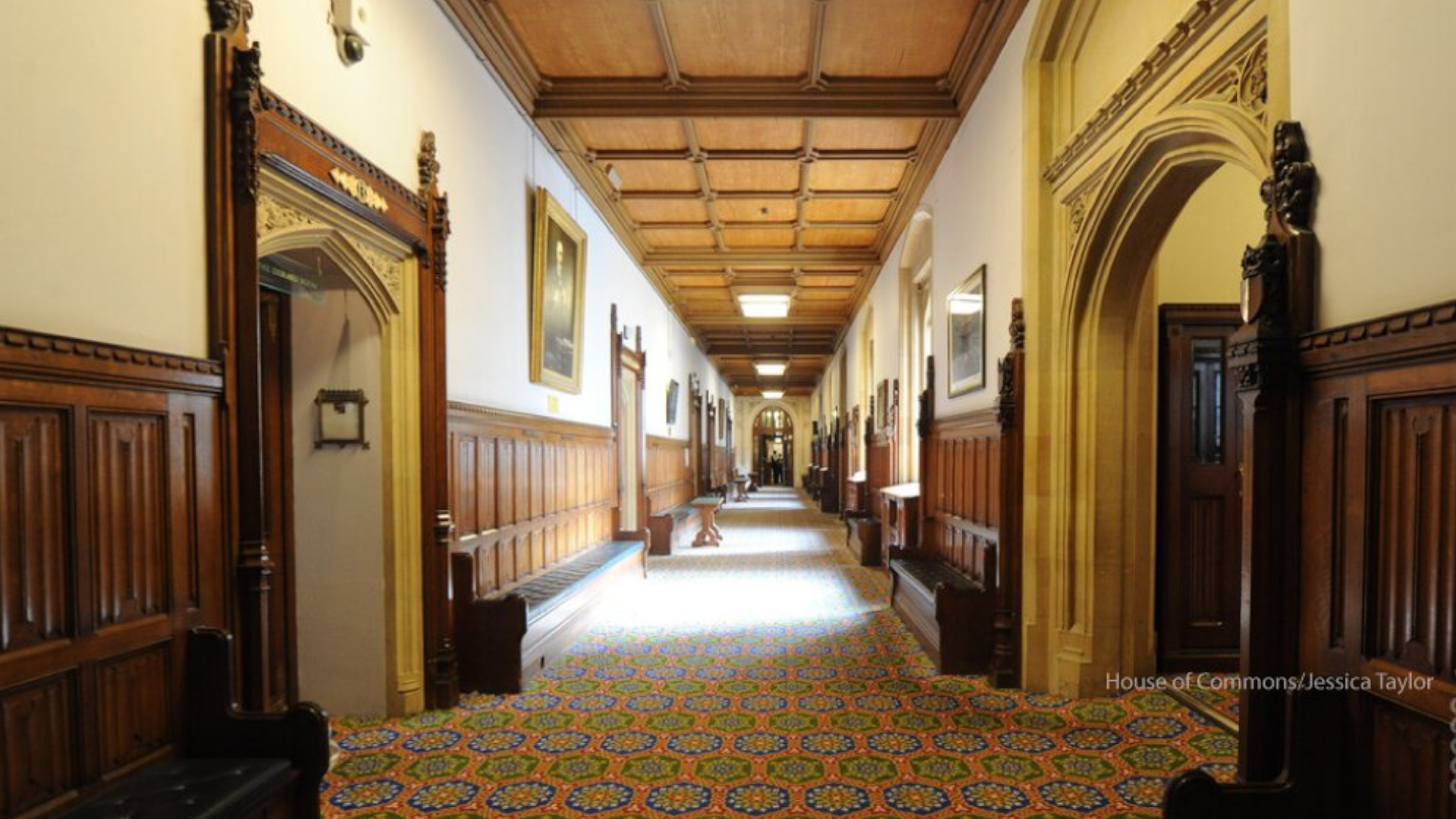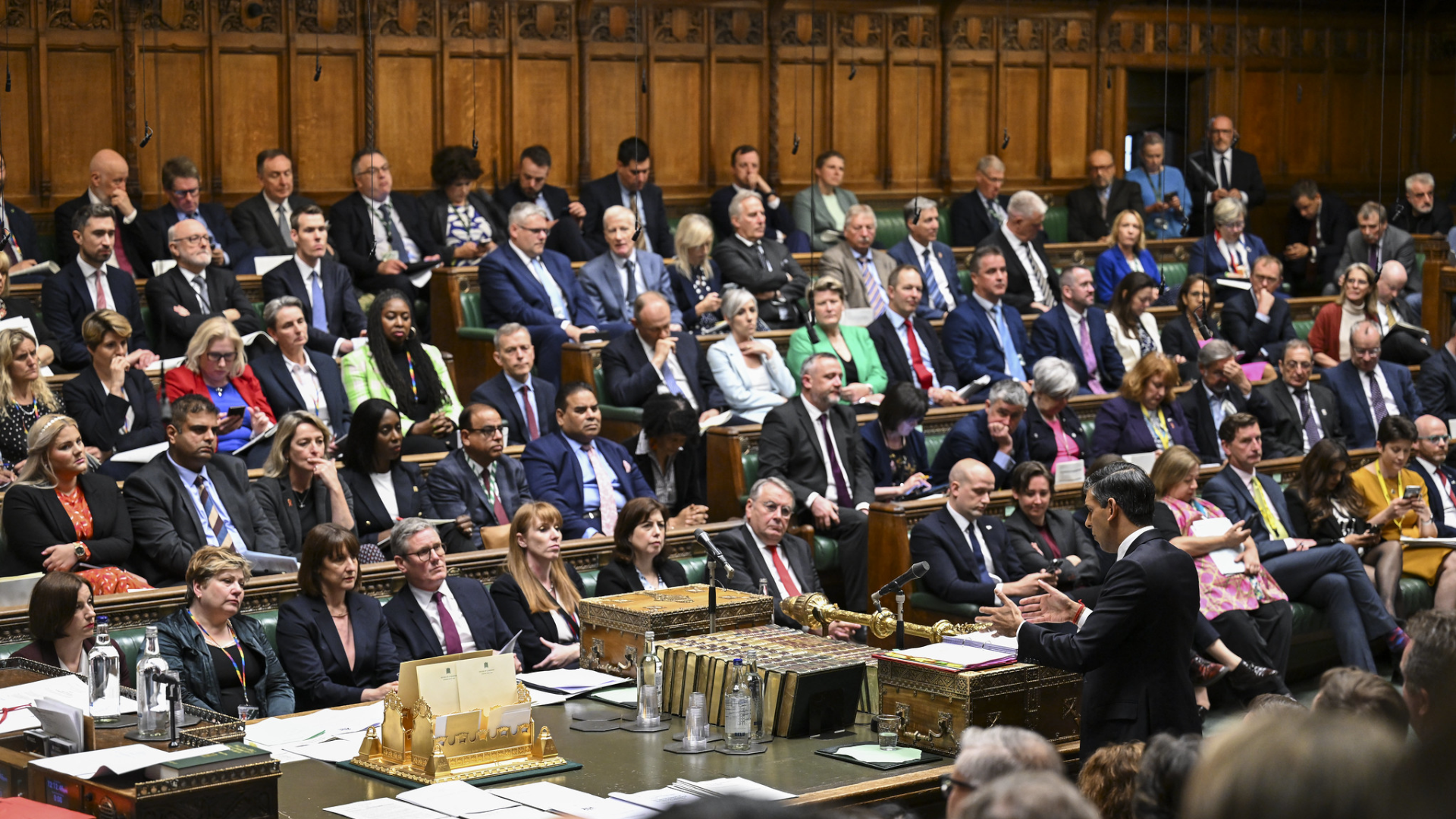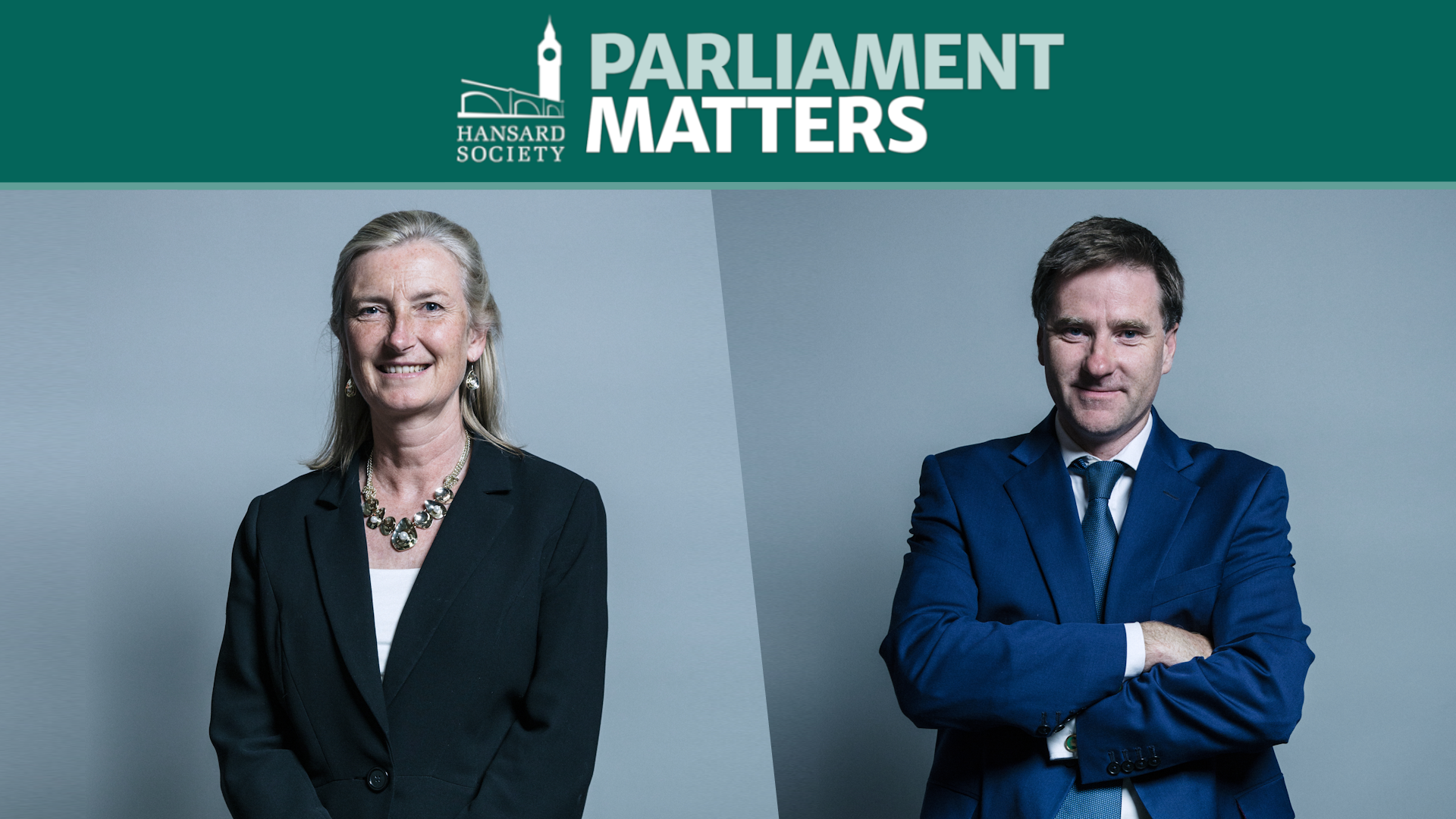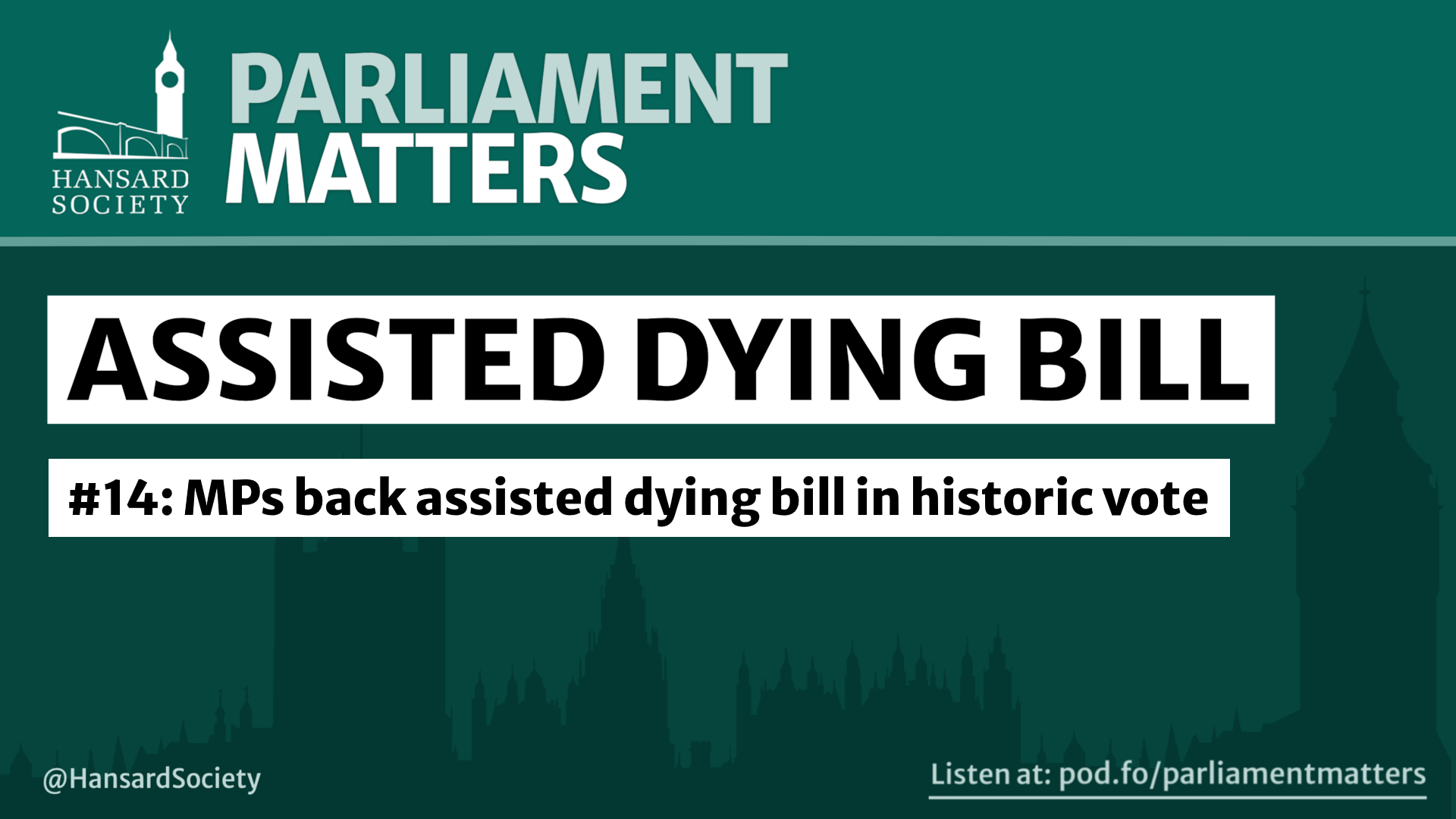News / Parliament Matters Bulletin: What’s coming up in Parliament this week? 30 June - 4 July 2025
MPs will vote on the Universal Credit and Personal Independence Payment Bill. Motions objecting to ratification of the UK–Mauritius Agreement on the Chagos Archipelago will be debated by Peers. MPs will debate the proscription of Palestine Action. Chancellor Rachel Reeves faces MPs’ oral questions and the Defence Secretary John Healey MP faces select committee scrutiny. MPs will formally approve the continued existence of the armed forces for the next 12 months, as required annually. Consideration of the Bill to create an Armed Forces Commissioner may also be completed this week. The House of Lords (Hereditary Peers) Bill returns to the Lords for Report Stage while Peers will also scrutinise the Renters’ Rights and the Children’s Wellbeing and Schools Bill.

